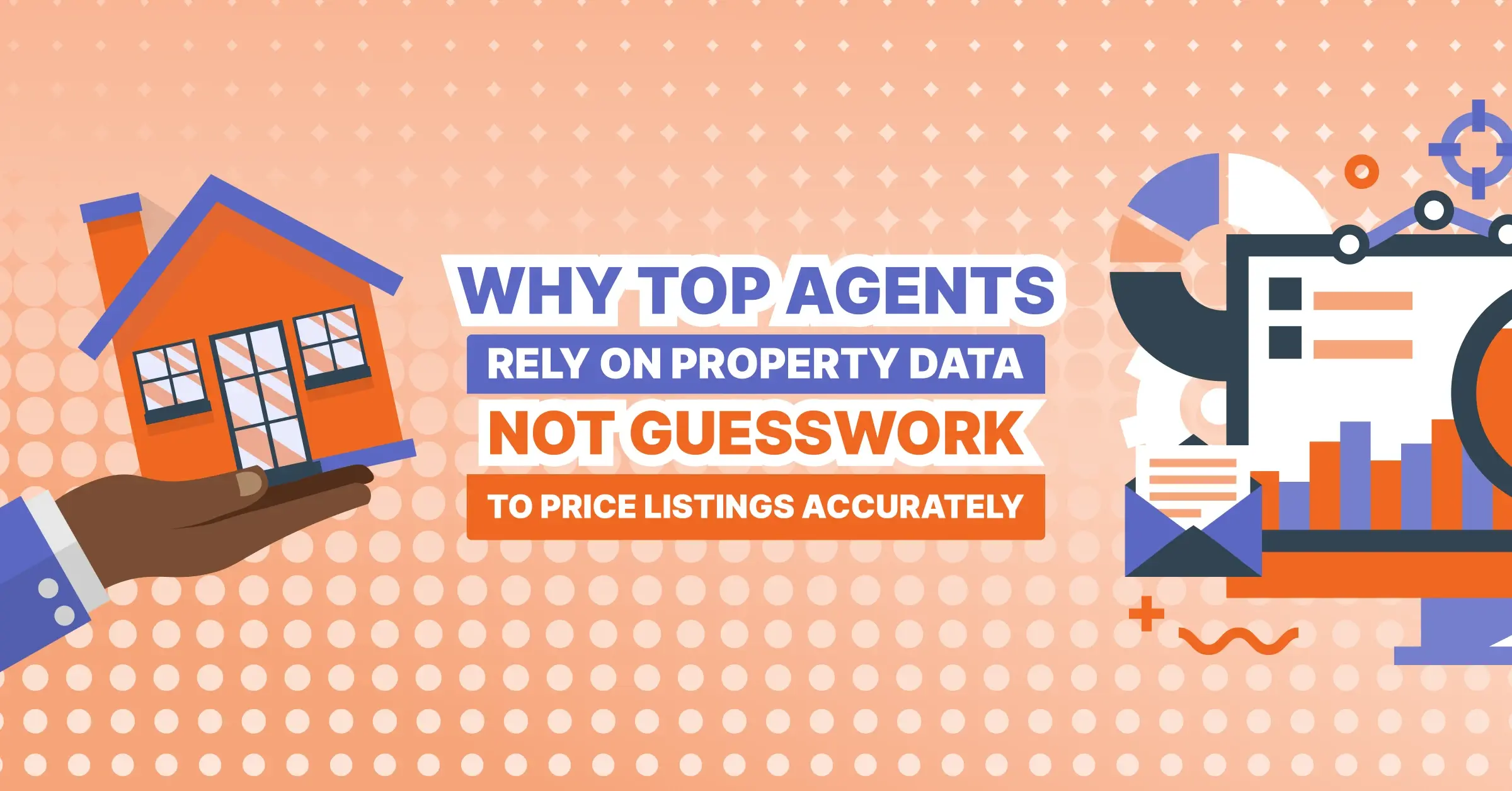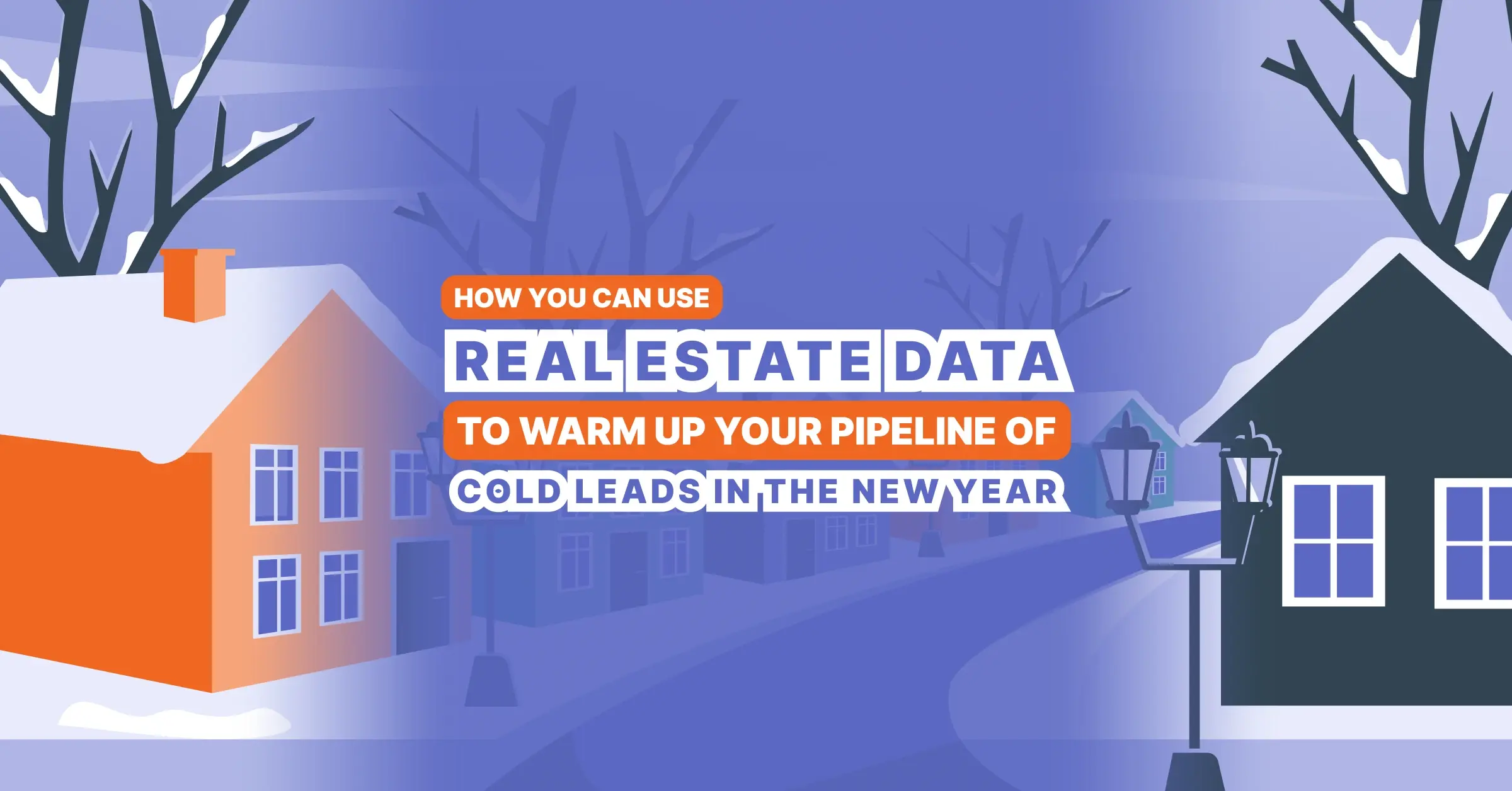|
Key takeaways:
|
Home inspections can be nerve-wracking for buyers—and many rely on an agent like you to guide them through the process. But if you’re new to real estate, you might be wondering how to find reliable home inspectors, what questions to ask, and how to help your clients tell a minor repair from a dealbreaker.
To answer these questions, we interviewed two seasoned real estate agents: Jacob Naig, an agent, investor, and owner of We Buy Houses in Des Moines, and Melissa Zavala, broker/owner of Broadpoint Properties in San Diego.
Read on to learn the strategic questions they ask before, during, and after home inspections—and how you can support your clients every step of the way.
Table of Contents |
Before the Home Inspection
Q: What questions should buyers ask a home inspector before hiring them?
Jacob: I always ask, “So are you licensed, bonded, and insured?” This is closely followed by, “How many inspections have you done in this neighborhood or for this type of property?” I also inquire if they know regional tendencies, such as the knob and tubing of wiring in Southside homes or the shifting basement walls of Beaverdale bungalows.
Melissa: I advise clients to ask, “How much do you charge? What's included? How long should I expect the inspection to take? How quickly will I get the inspection report? Will you be available afterward in case I have questions?”
Q: What red flags should agents be aware of as clients look for an inspector?
Jacob: Two big ones are ambiguous pricing and an unwillingness to lead buyers through the home in real time. If an inspector tells you, “I’ll send over the report,” but does not want you to attend in person, pass. Another tip-off is if they oversell a little—no inspection is ever “perfect” or “flawless.” I’d rather have someone who was cautious and methodical than reassuring.
Melissa: Agents should never select a home inspector on behalf of their clients. If something is missed during the inspection, the agent could be held liable—or even face litigation—if the client suspects the inspector and agent were working too closely together. To avoid any appearance of impropriety, it’s best practice for agents to provide a list of three qualified inspectors for the client to research, interview, and ultimately choose from.
Q: Do you encourage buyers to attend inspections? Why or why not?
Jacob: Absolutely—especially for first-time buyers. There’s a world of difference between reading “minor grading issues” on a PDF and hearing the inspector say water is pooling against your foundation. It’s an education opportunity, and it adds clarity and removes the guesswork later during negotiations.
Melissa: Yes, I do recommend that buyers attend the inspection—but not necessarily to follow the inspector around. Instead, it's a great opportunity for them to take measurements, visualize where their furniture will go, or get more familiar with the home. Once the inspection is complete, the inspector can provide a thorough recap and highlight any red flags or areas of concern directly to the buyer.
During the Home Inspection
Q: What questions do you ask when the inspector is on-site?
Jacob: “Would you mind showing me where the water shutoff is?” is one of the most underappreciated yet profound questions. To that, add questions like “How old is the roof/furnace/AC?” and “Have you noticed evidence of prior water penetration or DIY electrical work?” These aren’t just for catching defects—they’re about understanding the maintenance timeline and the costs you will incur down the road.
Melissa: During the inspection, buyers and agents should focus on asking questions that help uncover potential health and safety concerns rather than get caught up in minor cosmetic issues. For example, ask:
- What’s the current condition of the roof?
- Are there any active leaks or signs of moisture that could lead to microbial growth?
- Are GFCI outlets properly installed in the kitchen and bathrooms?
These types of questions are far more impactful than asking about an older but operational faucet or a loose tile in the jacuzzi. The goal is to prioritize items that could pose risks or require costly repairs after closing.
Q: What areas of the home do you recommend asking deeper questions about?
Jacob: Roofs (particularly in an Iowa winter), basements (frost heave and water seepage), age and maintenance history of the HVAC, and any previous water damage or mold. In Des Moines, I also always ask about radon—our soil is not known for having high levels, but mitigation often ends up being necessary.
After the Home Inspection
Q: What do you ask once the home inspection report comes in?
Jacob: “Which issues are safety hazards?” and “What’s urgent versus what can wait?” are critical. Some accounts err on the side of treating every scuff as apocalyptic. I also ask inspectors for context: “If this were your home, is this something you’d fix right away?”
Melissa: It’s a great idea to ask the inspector about the remaining lifespan of major components of the home, such as the roof, solar panels, HVAC system, and pool equipment. In some cases, it may even be wise to bring in a specialist—like a roofer or HVAC technician you trust—for a secondary opinion.
In California, it's also important to evaluate the defensible space around the property and ensure that brush and vegetation are properly cleared before closing, especially given the heightened risk of wildfires. In more rural areas, buyers can even request a fire department inspection for added peace of mind.
Q: Many things can fail a home inspection. How do you help clients interpret which issues are cosmetic and which are dealbreakers?
Jacob: Going down the list, we divide things into several buckets: cosmetic (paint, dings), deferred maintenance (old furnace, cracked window), and structural/safety (electrical panels, foundation movement). A sagging beam is not an outdated backsplash. I bring in trade experts if need be for a second opinion.
Melissa: As a broker with over 20 years of experience, I’ve learned that many issues during the inspection process stem from a lack of clear expectations. If the agent takes time before the inspection to explain that the primary focus should be on health and safety concerns—not cosmetic flaws—then any post-inspection conversation tends to be smooth and straightforward because everyone is aligned and focused on the dealbreakers.
On the other hand, when expectations aren’t set properly, the post-inspection discussion can become unnecessarily difficult.
Q: What questions do you ask when deciding whether to negotiate repairs or move on from a home?
Try PropStream for 7 Days Free!
Jacob: I pose the question: “Is there a way we can fix it cheaply and safely?” and “Will this come back to haunt us upon resale?” If a buyer really loves the house, but the electrical panel requires an upgrade, we might negotiate a credit. But if we find structural cracks, active leaks, or black mold, I help them measure that emotional attachment against long-term financial cost and risk.
Melissa: You’ll want to conduct a cost assessment of any major or “hot button” issues and determine whether it makes sense to request repairs or a credit before closing. For example, if the HVAC system is nearing the end of its lifespan and a replacement would cost $13,000, that’s a strong candidate for negotiation.
However, if all systems are currently functional and the buyers are receiving a home warranty, that coverage may handle repairs or replacement after closing. In that case, it may be more strategic to focus on health and safety concerns during negotiations and then carefully review the warranty coverage for older but operable systems.
With a motivated seller and a collaborative mindset, you can usually reach a resolution that works for both parties. And if not, and the issue feels too significant to overcome, it may be best to walk away.
Find Your Next Client or Deal With PropStream and Estimate Common Repairs
Jacob Naig’s and Melissa Zavala’s tips can help you guide your clients through home inspections and avoid common pitfalls. Your next step? Building your client base!
Let PropStream simplify your search for motivated sellers—whether you’re looking to represent them or get great deals for your buyer clients. Simply use our filters or premade lists to find properties, then run a skip trace to find their contact information.
Or, if you’re working with a buyer client interested in a home that needs a little more TLC, use our Rehab Calculator to determine a cost estimate to help guide them on the next steps.



